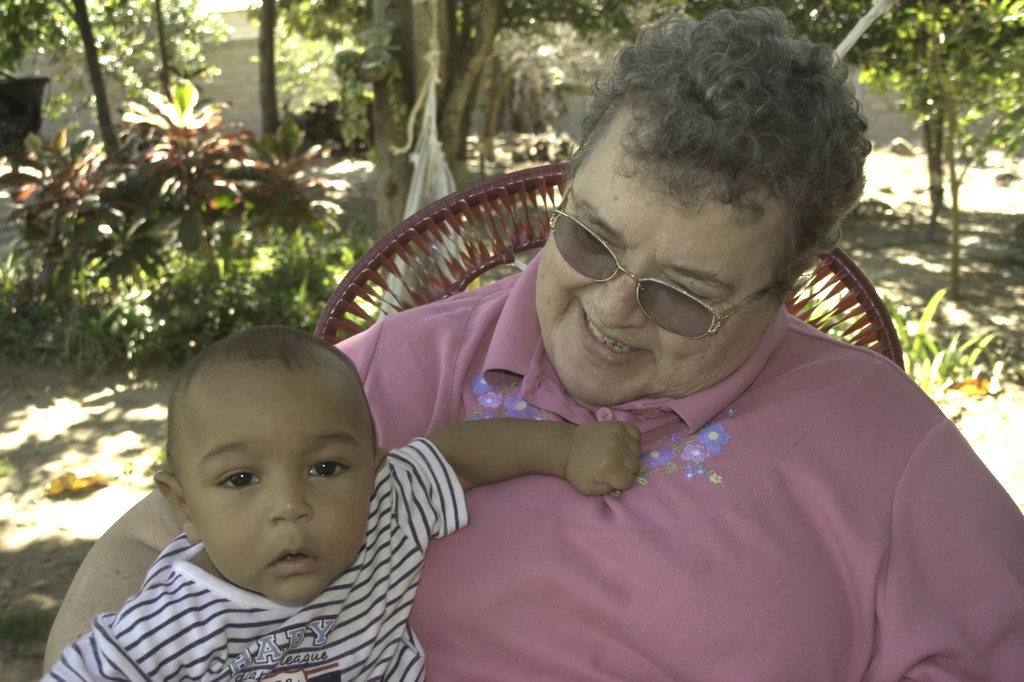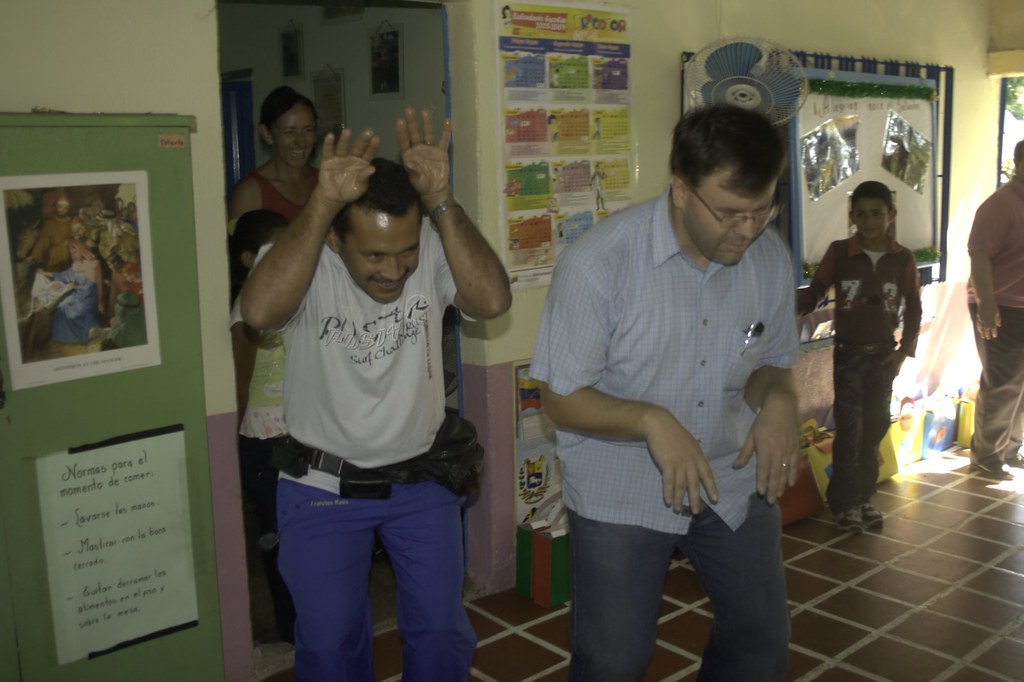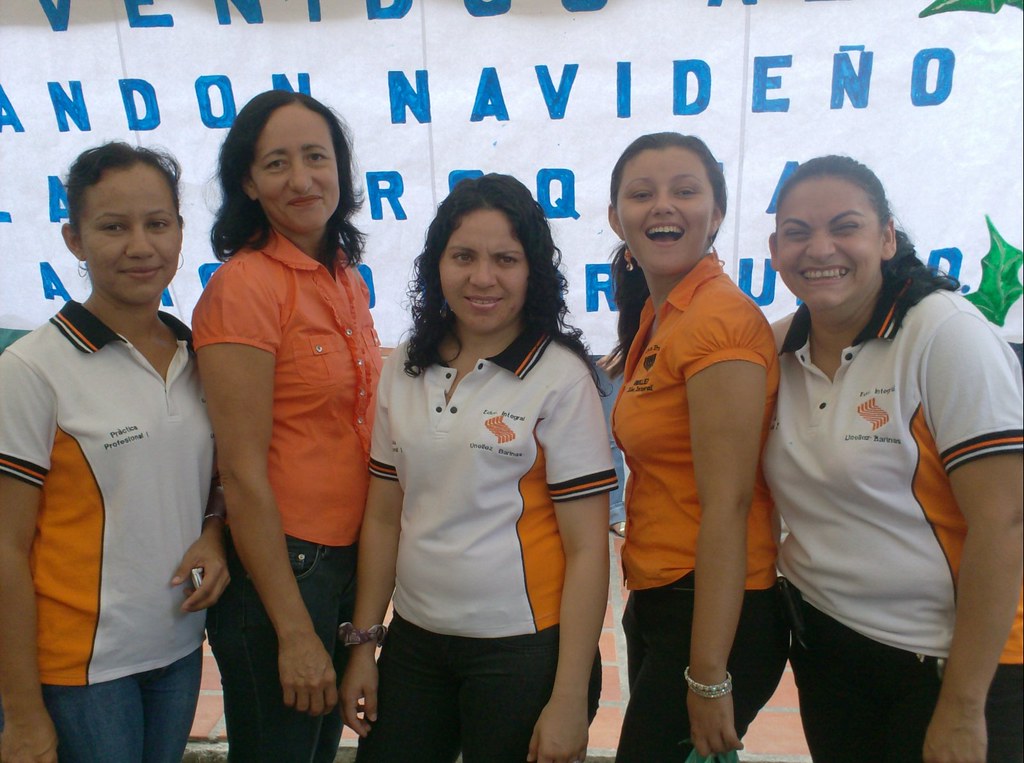 “For our citizenship is in heaven, from which we also eagerly wait for the Savior, the Lord Jesus Christ” (Philippians 3:20).
“For our citizenship is in heaven, from which we also eagerly wait for the Savior, the Lord Jesus Christ” (Philippians 3:20).
I would like to begin 2026 by assuring all our family, friends and supporters that Luz Maria and I are safe and sound and continuing our ministry in Venezuela. My resident visa has been renewed until 2030, a necessary first step toward naturalization, a course I intend to pursue this year. I meet all the requirements for dual citizenship, although I really had not thought about applying until I read about the new Pope being a citizen of both the USA and Ecuador. Dual citizenship represents the best option for me in view of travel restrictions and political instability throughout the world, and it better reflects the commitment I have made to Luz Maria and our work together. About 76% of nations now permit dual citizenship (vs. 33% in 1960), which has become a strategic tool for mobility, security, and diversification.
Always bearing in mind Philippians 3:20, in which St. Paul reminds the Christians of Philippi, a prominent Roman colony whose inhabitants enjoyed the prized status of Roman citizenship, that our highest allegiance is to Jesus as members of the kingdom of God’s grace through baptism. Nevertheless, this citizenship (πολίτευμα) does not make Christians laws unto themselves (Roman 13:1-7). Rather, we live in accord with the laws of whatever land where are placed, whether by birth or adoption, to the extent that those conform with the revealed will of God.
Join our online Mission CircleThank you to everyone who has been praying for us and for Venezuela. I have created a WhatsApp group, CÍrculo de Misión "La Epífanía", where can leave your prayers and peitions. You can leave an audio message if you like, as I intend to incorporate these into a periodic devotional podcast.
 Strategic planning for Barinas
Strategic planning for BarinasOn Saturday, January 24, 2026, we received a vist from Pastor Eliezer Mendoza, our counselor for the Western Zone of the Lutheran Church of Venezuela (which consists of three congregations). Eliezer is the head pastor of "Cristo es Amor" (Christ is Love) Lutheran Church in Barquisimeto, a city three to four hours north of us. (By the way, the "Cristo es Amor" congregation was planted by James Tino, executive director of Global Lutheran Outreach when he was a Lutheran Church - Missouri Synod missionary to Venezuela.) We discussed the strategic plan for the Lutheran Church of Venezuela. This includes dividing up the responsibility for preaching at Corpus Christi Lutheran Church in Barinas among myself, Pastor Eliezer and Juan Carlos Silva, assistant pastor at "Cristo es Amor." There is at present no candidate for full-time pastor at Corpus Christi.
New Creation in Christ
Our first service of the new year was Sunday, January 4, 2026, when we celebrated the circumcision and naming of Jesus. Afterward, we began our “New Creation in Christ” vacation Bible school with a study of the creation of the world by the triune God with emphasis on the first chapter of the gospel according to Saint John. "In the beginning was the Word, and the Word was with God, and the Word was God. All things were made through him, and without him nothing was made that was made" (John 1:1-2). “In the beginning” are the same words that begin the first chapter of Genesis, the first book of the Bible. The similarity between Genesis 1:1 and John 1:1 is intentional. Referring to the first creation, John maintains that God made everything with the Logos, a Greek word that can be translated as “Verb” or “Word.” God created heaven and earth only with his creative Word. “And God said, Let there be light, and there was light.” This creative Word, the instrument of the first creation, was also God Himself. This Word, the second person of the Holy Trinity, “was made flesh” (John 1:14) in Jesus Christ as the agent of the new creation redeemed from death and evil (Romans 8:19-23). Also the Holy Spirit who “moved on the face of the waters” (Genesis 1:2) and made Adam, the first man, “a living being” (Genesis 2:7) brought about the conception of Jesus Christ as the second Adam and creates faith and new life in the waters of baptism.
Monday, January 5, 2026, the topic was the Law and the Gospel. The Law is God's holy will for us to live as his children. However, because of the total corruption of human nature that we have inherited from Adam and Eve, none of us can perfectly fulfill the will of God. This will is “You shall love the Lord your God with all your heart, and with all your soul, and with all your mind” and “You shall love your neighbor yourself” (Matthew 22:34-40; Mark 12:28-34; Deuteronomy 6:5; Leviticus 19:18). Every Sunday we confess to God, "We have not loved you with all our heart; we have not loved our neighbors as ourselves. For the love of your Son Jesus Christ, have mercy on us." The Gospel (good news) is “Almighty God, our heavenly Father, in his great mercy has given us his Son and through him, forgives us all our sins.” We are not saved by works of the Law, but by faith in the propitiatory sacrifice of Christ, which bears fruit in works of love for God and our neighbor.On Tuesday, January 6, 2026, we concluded the vacation Bible school with the study of the means of grace: the preaching of the Word of God; Baptism; and the Holy Supper. In preaching, the Word is broadcast to all who can hear; In the sacraments, through his Word and visible elements, God calls each person by name and gives them his gifts of forgiveness, salvation and eternal life.
In the evening service of Epiphany, we heard the words of St. Paul in Ephesians 3:1-12: “That the Gentiles may be fellow heirs of the same body, and partakers of his promise in Christ through the gospel.” We celebrate the arrival of the Three Wise Men to Bethlehem, who represented that the Gospel would reach all nations after Jesus preached it to the Jews. Just as God's Law was first revealed to the people of Israel through Moses and the prophets, the Gospel was revealed first to the Jews by Jesus, then to the entire world by the apostles. Both the Law and the Gospel are “the mystery of Christ” that Saint Paul speaks of in Ephesians.





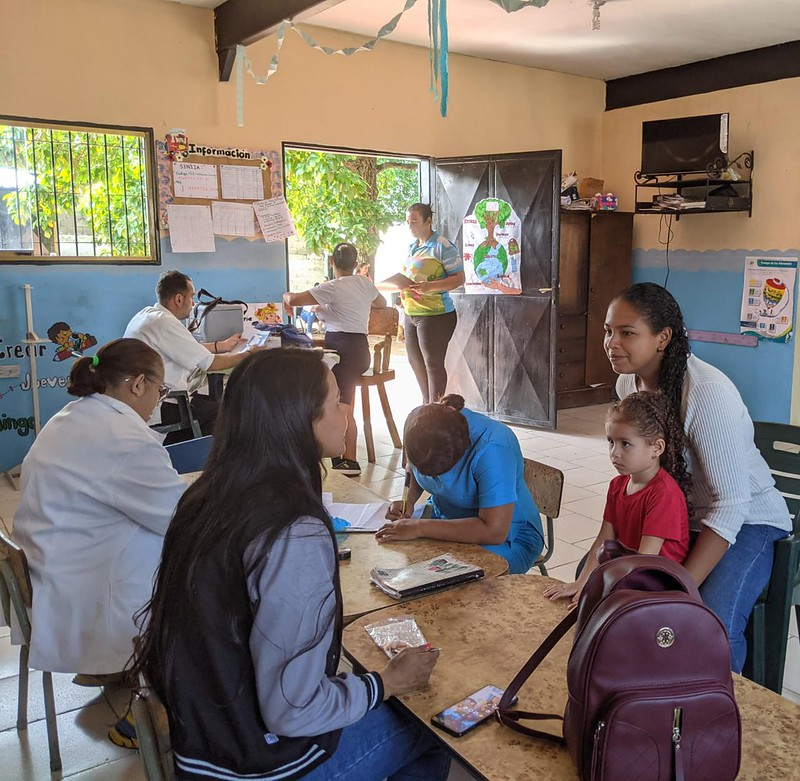

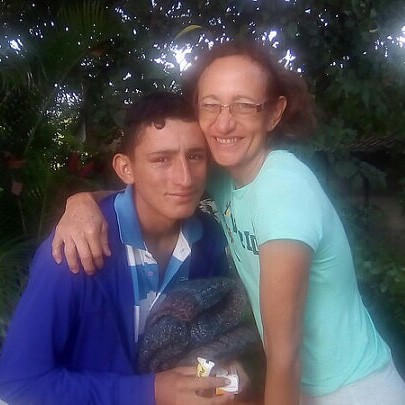
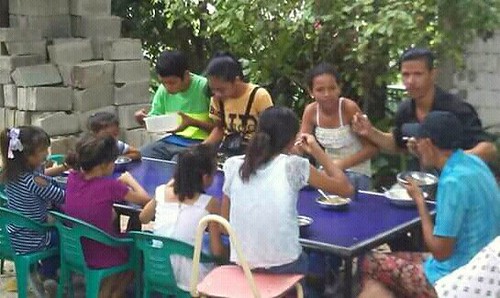
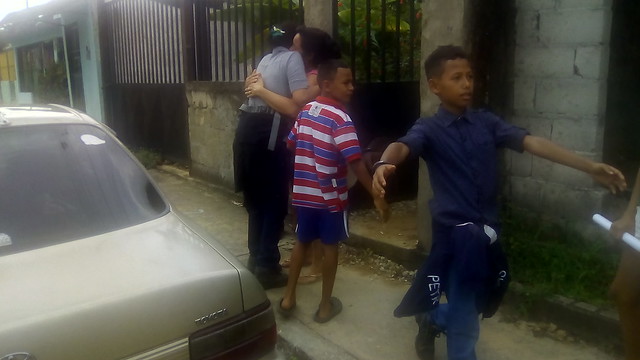
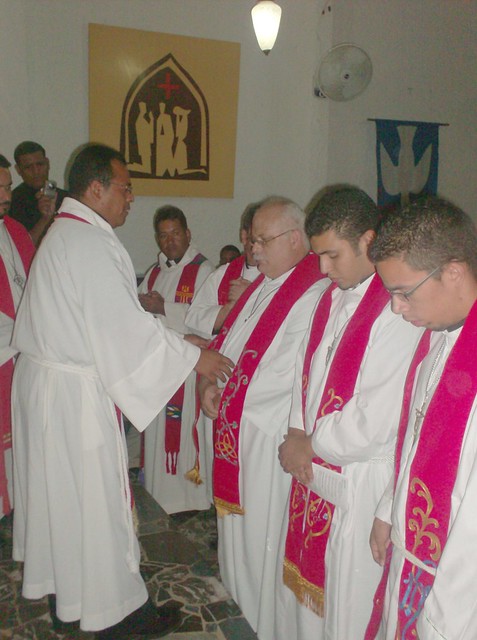
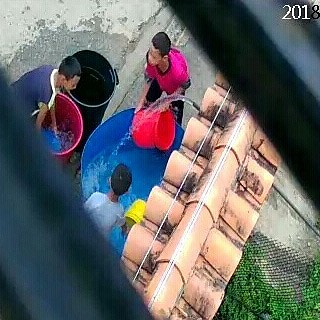
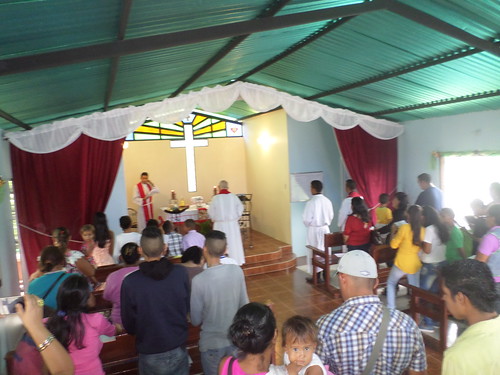
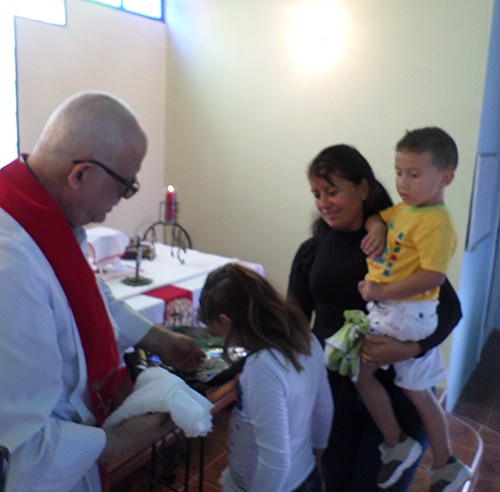
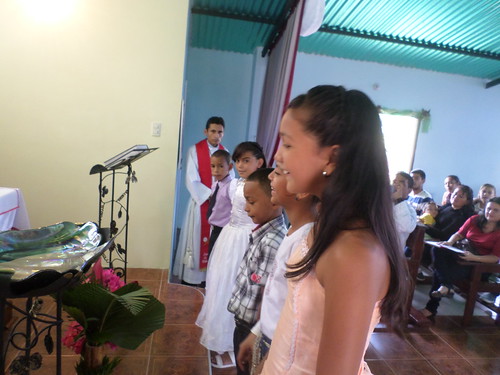

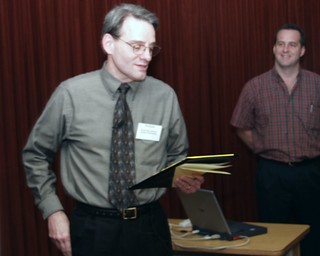








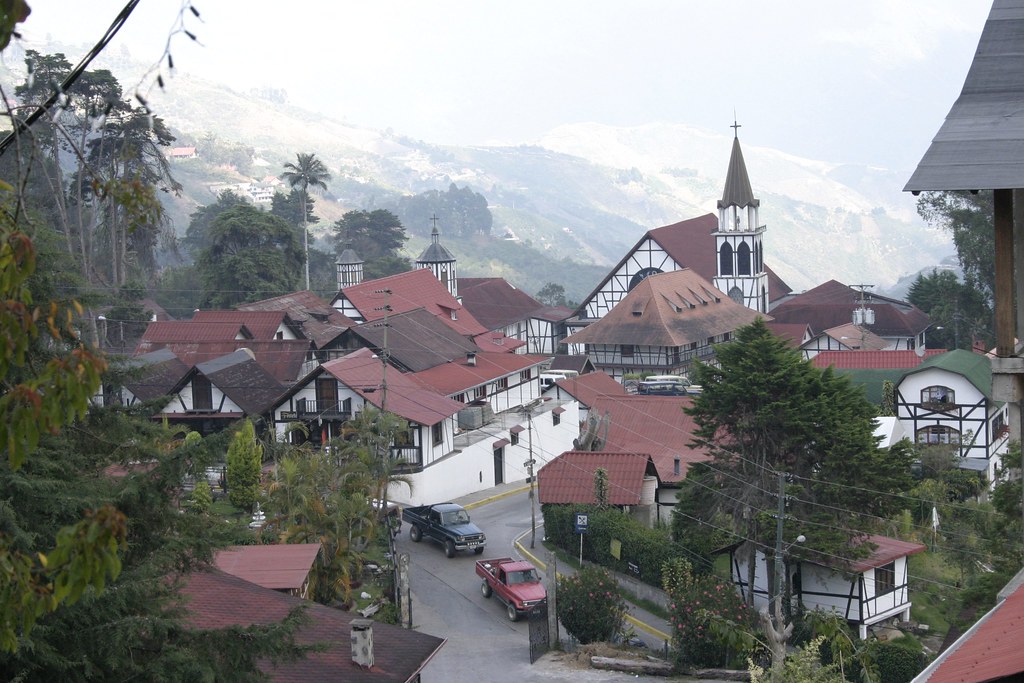


![Reblog this post [with Zemanta]](http://img.zemanta.com/reblog_e.png?x-id=ebb7df21-2ee5-4238-8b64-32fcb4e69e5b)
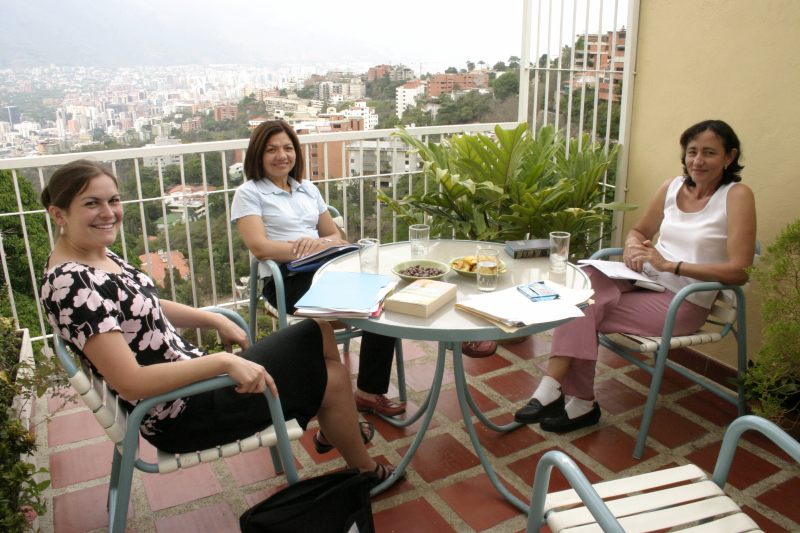



![Reblog this post [with Zemanta]](http://img.zemanta.com/reblog_e.png?x-id=88e81458-a090-8639-96df-5844298902d4)

